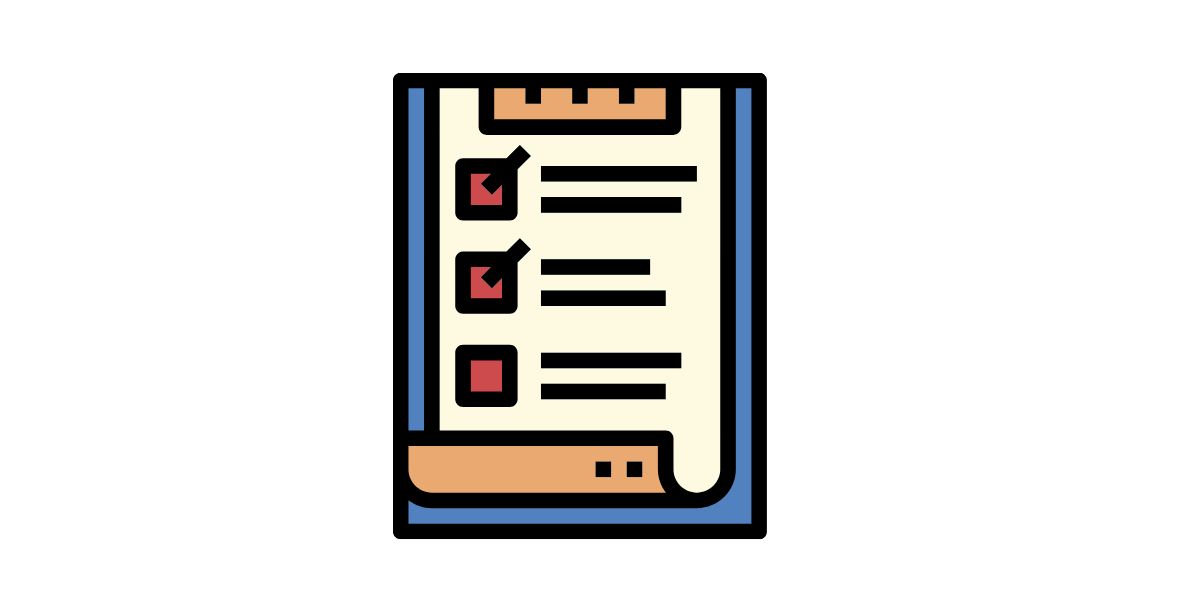
Many food establishments have preferences when it comes to what type of chef outfits they want their staff to wear. Before you buy your uniform, it is wise to talk with your employer and the head chef/kitchen manager. At one time, it was easy to identify the different chefs working in a kitchen by their hats. The most senior chef would have the tallest hat. Hat sizes would decrease in rank.
Modern commercial kitchens are becoming more flexible in how they dress their chefs in recent years. The well-known “Touge Blanche” (White Top Hat) is no longer required for every chef.
Every piece of the traditional chef outfit has a purpose. The design and fabric are not only beautiful but also serve a practical purpose.
Check out your checklist to see what you need
Hats
Toque Blanche is the most loved and popular. It is designed to secure your hair and allow for good airflow.
Skullcap is great for short hair, and it reaches right down to your ears
The Mob Cap covers your entire hairline and has elastic openings that allow you to place all your hair inside.
A Hair Net Some establishments and health authorities recommend that all employees wear hair nets to keep your hair under control.
Jackets
Although the traditional Chef Jacket was always kept white to emphasize cleanliness and hygiene, many establishments have decided to break with tradition by using different colours such as black dark, grey, or colours that match their company branding. You can now find the pants in a variety of colours and patterns, as well as traditional black and white checks.
There are many dangers in a commercial kitchen. To protect you, a chefs jacket is made from flameproof, double-thick cotton.
Neckerchief
Protect your skin from sweaty perspiration, which can cause problems in hot kitchens by using a neckerchief or necktie.
Apron
An apron of good quality is essential. It will protect your uniform and keep it clean. Many will come with heavy-duty pockets that can hold your most frequently used kitchen tools.
Chef trousers
You should know what style and colour of chef pants you use in your kitchen. Choose loose, baggy pant styles that allow for mobility and adequate ventilation.
Shoes
Shoes that are comfortable and durable will keep your feet safe from hot and heavy spills. They also protect you from sharp objects and falling objects. Your feet will likely be in the kitchen for between 8 and 12 hours per day. Shoes should support your feet.
Knives and other equipment
Professional chefs and chefs will have basic equipment, such as knives and sharpening tools.
It gives the impression that someone is competent and serious about their job when they are wearing a crisp, clean chef uniform. Your local cater equipment supplier has all the high-quality equipment you need.
